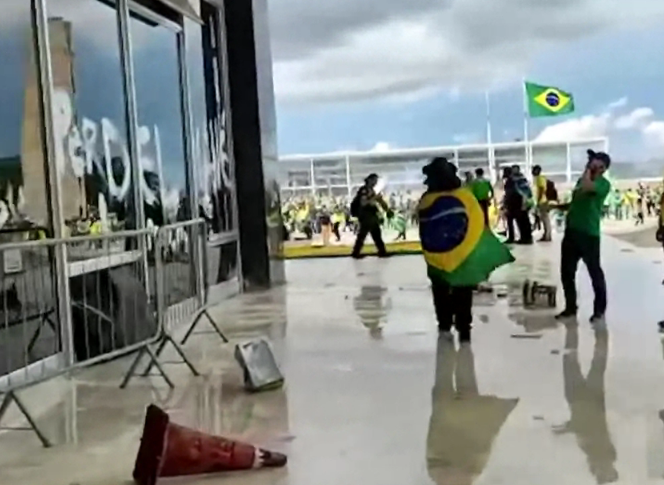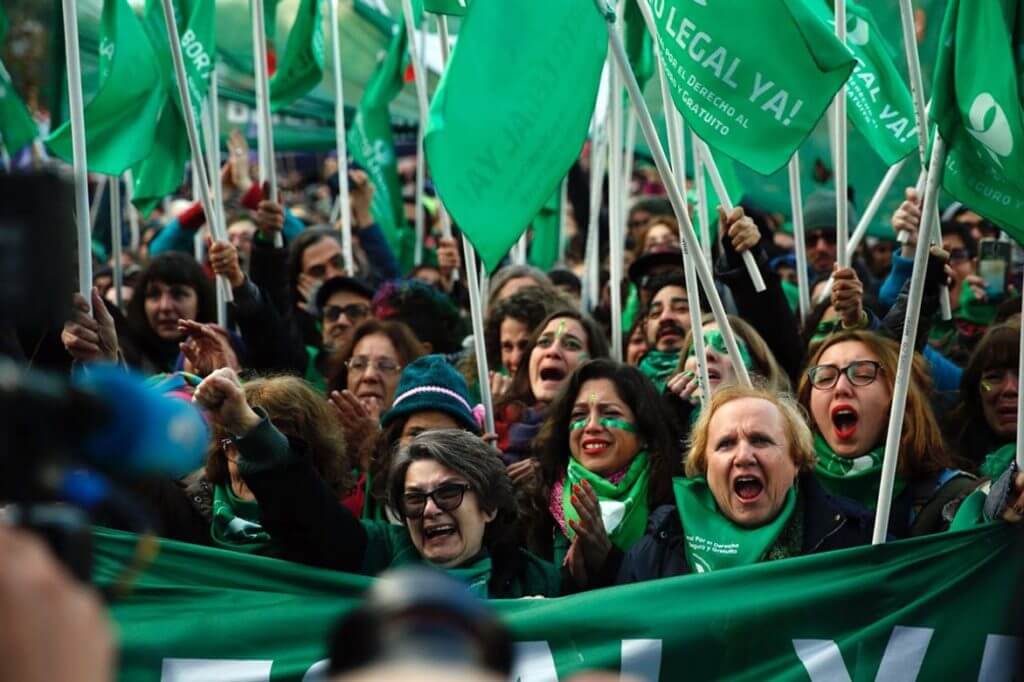Buenos Aires, Argentina – Over a month after Brazil announced that 65 fugitives who were convicted of crimes related to the January 8, 2023 attacks on the government had fled to Argentina to seek asylum, Argentina has officially confirmed there are over 100 Brazilians seeking refugee status in the country.
In response to a public information request made weeks earlier by this reporter, on July 16 Argentina’s National Commission for Refugees (Conare) responded saying, “From December 1, 2023 to June 30, 2024, 119 requests for recognition of the status of refugee of Brazilian nationality have been registered.”
The actual number of refugee requests, and whether or not any of the people seeking refugee status were on the list of 65 fugitives sent by Brazil, remains unclear.
In response to a similar public information request made by The Buenos Aires Herald, a local English-language newspaper, Conare responded on July 12 that in all of 2023 there had been just three refugee solicitations from Brazilians, but that number had risen to 99 so far in 2024. (Conare’s response to this reporter request was delivered four days later. It is unclear whether the numbers increased by 20 people in four days, or if there was a discrepancy with the official number of Brazilian asylum seekers reported by the agency).
When asked by this reporter to clarify if any of the 119 people seeking refugee status also appeared on Brazil’s list of 65 fugitives, Conare responded:
“It is necessary to clarify that, at the time of registration of the request in the database used by Conare, the reason for the request is not stated. This is due to the nature of the request, which could lead to quantitative statistical errors, with numerous variables being noted.”
There has been some speculation about whether the increase in Brazilians seeking asylum in Argentina — and those convicted of crimes related to the January 8, 2023 attacks in particular — is related to the new administration of President Javier Milei, who took office last December.
The self-described anarcho capitalist politician is an ally of former Brazilian President Jair Bolsonoro, who has been banned from holding public office until 2030 for spreading election misinformation and is currently being investigated for his alleged involvement in the January 8 attacks.
Milei could be seen as sensitive to the cause of those wanted in Brazil. In an interview with UOL, one of the few Brazilians seeking asylum to be interviewed bellowed, “Viva la libertad, carajo!” (Long live freedom, damn it!), a popular refrain from Milei.
According to Conare data provided to The Buenos Aires Herald, this year there were two refugee requests from Brazilians in January; zero in February; four in March; 25 in April; 47 in May; and 21 asylum requests by Brazilians in June.
On January 8, 2023, thousands of Bolsonaro supporters breached the government headquarters in Brasília in an apparent attempt to overturn the election of Luiz Inácio Lula da Silva, causing millions of dollars in damage to Brazil’s Supreme Court, Congress and the official office of the presidency.
Since then, hundreds of people have been convicted of crimes related to the attack, and sentences can reach as high as 17 years in prison.
Regina Modesto, one of the convicted protesters, fled in May to Argentina and is one of the 119 Brazilian citizens who asked for political asylum. She illegally crossed the border and nowadays lives in Greater Buenos Aires. In an exclusive interview, she told this reporter that the January 8 protest was meant to be a “peaceful demonstration” that soon turned into an “ambush.” “I was convicted for not wanting a corrupt government,” Modesto said.
Brazil has yet to activate an Interpol red notice for the convicted fugitives, which would allow law enforcement around the world to arrest them and extradite them to Brazil.









